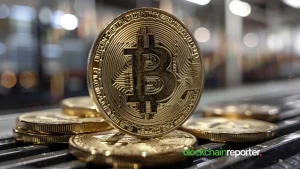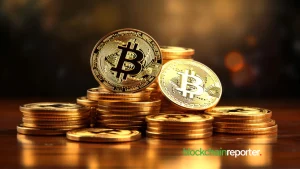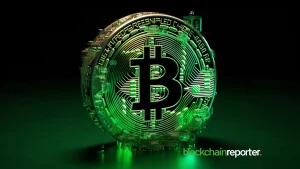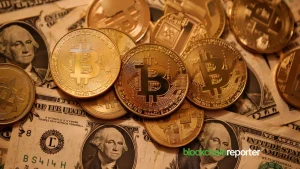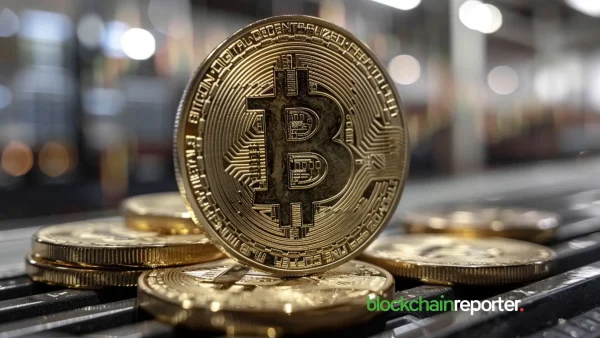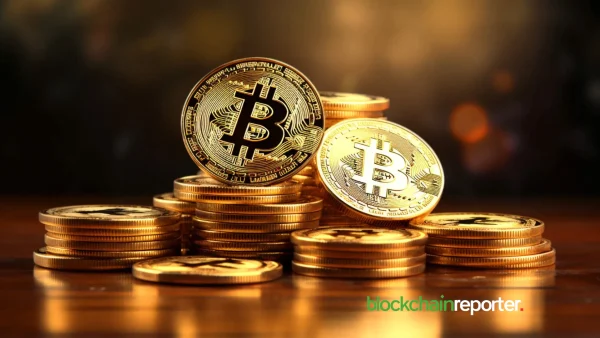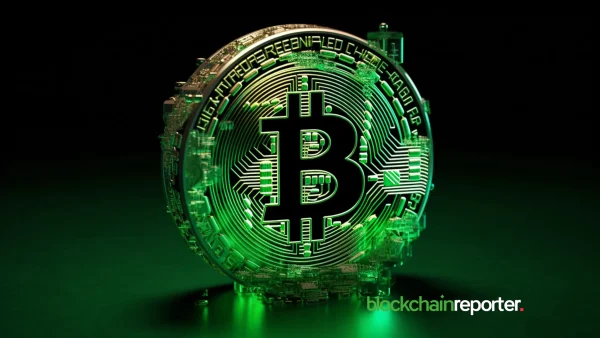
In a significant development impacting the crypto market in the Philippines, the Securities and Exchange Commission (SEC) has issued a warning to Filipino investors using the Binance app. As part of its rising scrutiny on the popular cryptocurrency trading platform, the SEC has not only advised users to close their positions but has also reached out to tech giants Google and Apple. This included a request to remove the Binance app from their respective digital stores. Earlier this year, the Indian government also blocked Binance and several other crypto exchanges on play store and App store.
Regulatory Crackdown On Binance By SEC
The Securities and Exchange Commission (SEC) is collaborating with Google and Apple to remove applications operated by the cryptocurrency powerhouse Binance from app marketplaces in the Philippines. In letters sent on April 19 to both tech giants, the SEC specifically called for the removal of applications linked to Binance.com from the Google Play Store and the Apple App Store.
“The SEC has identified [Binance] and concluded that the public’s continued access to these websites/apps poses a threat to the security of the funds of investing Filipinos,” stated SEC Chairperson Emilio B. Aquino in the letter. He highlighted that the offering or sale of unregistered securities to Filipinos and operating as an unregistered broker are violations under Republic Act No. 8799, also known as The Securities Regulation Code.
Chairperson Aquino further explained that removing and blocking Binance applications would “prevent the further spread of its illegal activities in the Philippines and protect the investing public from the adverse impacts on our economy.” This initiative aligns with the SEC’s earlier request to the National Telecommunications Commission to block Binance’s websites used in the Philippines, aiming to halt the company’s unauthorized investment solicitation activities.
The SEC has issued warnings to the public against investing in and utilizing Binance and has been considering the blocking of Binance’s websites and other online platforms in the Philippines since November 2023.
The SEC has charged that Binance has been actively using promotional campaigns on social media to lure Filipinos into using its platforms for investment and trading activities. Despite this, Binance has not obtained the necessary licenses from the SEC to solicit public investments or to operate a securities exchange, as mandated by the Securities Regulation Code (SRC). The SEC is advising Filipino investors with assets in Binance to promptly liquidate their positions or transfer their cryptocurrency holdings to their personal wallets, or to accounts managed by cryptocurrency service providers that are officially registered in the Philippines.
Investors Might Get Withdrawal Restriction
Paolo Ong, the officer in charge of the SEC’s PhiliFintech Innovation Office, stated that the SEC is not in a position to provide methods for retrieving funds once Binance is blocked by internet service providers (ISPs) in the country.
Ong mentioned that the SEC had previously issued a three-month notice and had delayed the enforcement of the ban to allow investors ample time to withdraw their assets from the exchange.
The official expressed hope that investors would have moved their funds to either a local exchange or personal wallets within the allotted time frame.
In January, Binance was delisted from the Google Play Store and App Store in India, which also led to the blocking of its website for Indian users. Recently, however, there have been reports that Binance is prepared to pay a $2 million fine to the Indian government in order to participate in India’s web3 space as a crypto platform registered with the Financial Intelligence Unit (FIU).
Nigeria is scrutinizing Binance as well. Earlier in March, the Nigerian House of Representatives Committee on Financial Crimes reportedly summoned CEO Teng due to concerns about the exchange’s possible involvement in money laundering and terrorism financing. Binance executive Nadeem Anjarwalla initially evaded Nigerian authorities but was subsequently arrested in Kenya.

